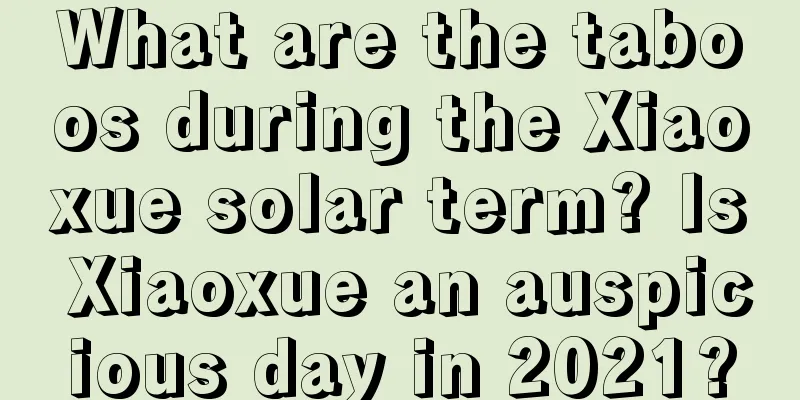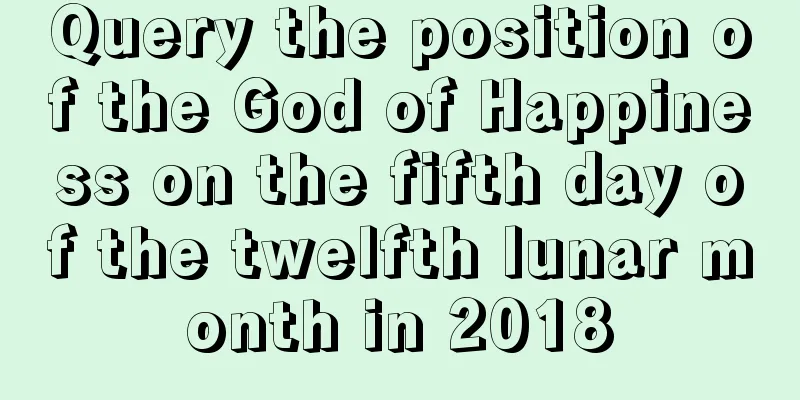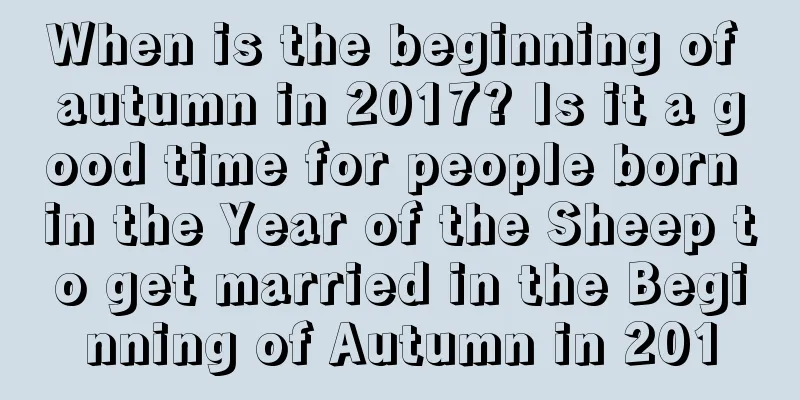When are the New Year's Day holidays in 2019? Which days are they closed?

When are the New Year's Day holidays in 2019? Which days are they closed? In Chinese history, "New Year's Day" has many names, such as Yuanri, Yuanzheng, Yuanchen, Kainian, Yuanchun, Shangri, Huasui, etc. Want to know about the eleventh month of the lunar calendar in 2018? Please pay attention to Shuimoxiansheng.com’s special topic for November of the lunar calendar!2019 New Year's Day holiday time:New Year's Day holiday time: December 30th ~ January 1st New Year's Day holiday adjustment time: December 29th (Saturday) working New Year's Day holiday days: 3 daysFree highway time: There will be no free highway on New Year’s Day 2019. According to relevant documents issued by the Ministry of Transport of China, the policy of free highway access for small passenger cars with 7 seats or less (including 7 seats) is only implemented during the Spring Festival, Qingming Festival, Labor Day and National Day, but not on New Year's Day. Origin of New Year's Day:The word "New Year's Day" that has existing documented records first appeared in "Book of Jin": "Emperor Zhuanxu took the first month of summer as the beginning, which was actually the spring of the New Year's Day." The method of calculating the first day of the first lunar month was not unified before the period of Emperor Wu of Han. Therefore, the month and day of New Year's Day are not consistent throughout the ages. The Xia calendar of the Xia Dynasty took the first month (January) as the first month, the Yin calendar of the Shang Dynasty took the twelfth month (December) as the first month, and the Zhou calendar of the Zhou Dynasty took the eleventh month (November) as the first month. After Qin Shi Huang unified China, he took the Yangchun month (October) as the first month, and the first day of October as New Year's Day.Starting from Emperor Wu of the Han Dynasty, the first month of the lunar calendar was designated as the first month of the lunar calendar, and the first day of the first month of the lunar calendar was called New Year's Day, which was used until the end of the Qing Dynasty. In 1911, the Xinhai Revolution led by Sun Yat-sen overthrew the rule of the Qing Dynasty and established the Republic of China. In order to "follow the Xia calendar to follow the agricultural season and the Western calendar to facilitate statistics", the Gregorian calendar was decided to be used in the first year of the Republic of China (actually used in 1912), and January 1 of the Gregorian calendar was designated as "New Year", but it was not called "New Year's Day". Representatives of provincial governors met in Nanjing and decided to use the Gregorian calendar, calling January 1 of the lunar calendar "Spring Festival" and January 1 of the Gregorian calendar "New Year's Day", but it was not officially announced at the time. On January 1, 1912, the Republic of China was established and Sun Yat-sen took office as the provisional president in Nanjing. In his oath of office, Sun Yat-sen ended with "New Year's Day of the first year of the Republic of China." This is the origin of Chinese New Year's Day. |
<<: Query of auspicious time and inauspicious time for November 21, 2018
>>: Is the fourth day of the twelfth lunar month in 2018 an auspicious day?
Recommend
Is it auspicious to pray on the sixth day of the eighth lunar month in 2019? Is today’s fortune good?
Is it auspicious to pray on the sixth day of the e...
What festivals are there in the seventh month of the lunar calendar in 2019? Why do we light lotus lanterns on the 15th day of the seventh month?
The seventh month of the lunar calendar in 2019 ha...
Is it suitable to get a haircut on the fifth day of the fourth lunar month in 2021? What is the hexagram for today?
In April, the branches are full of locust flowers,...
The position of the God of Wealth on April 27, 2020, and the position of the God of Wealth at different times
2020 is a leap year, with a leap April. Leap Apri...
Things to know about the Spring Festival: Which "New Year's goods" should not be stored for a long time
Introduction: During every Chinese New Year, every...
Is Christmas Eve, November 21, 2021, a good day? Is it an auspicious day to move?
The eleventh month of the lunar calendar has arriv...
Isn’t the fifth day of May in 2021 a good day for the Dragon Boat Festival? Can I move house on this day?
The fifth month of the lunar calendar, which is th...
What are the do's and don'ts on the 13th day of the third lunar month in 2019?
Shuimoxiansheng.com provides you with more conten...
Is it possible to pray on November 29th of the lunar calendar in 2021?
The benefits of praying at different times are dif...
What is the zodiac sign and fate of a baby born on the eighth day of the eleventh lunar month in 2021?
The twelve zodiac signs are divided according to t...
On what day of the lunar calendar is New Year's Day celebrated? What is the difference between New Year's Day and National Day?
New Year's Day is the day to celebrate the New...
Is it suitable to get a haircut on the fourth day of the seventh lunar month in 2020? Is it an auspicious day?
In life, when it comes to haircuts, people only ge...
How often does the Spring Festival Eve come? How often does the Springless Widow Year come?
We all know that if New Year's Eve and the Beg...
Is June 25, 2020 an auspicious day for haircuts? Check the auspicious position of the God of Wealth on August 14
Introduction: In some special periods, you also ha...
What solar term is the first day of the first lunar month in 2019? What date is the first day of the first lunar month in 2019?
Introduction: The first day of the first lunar mon...









